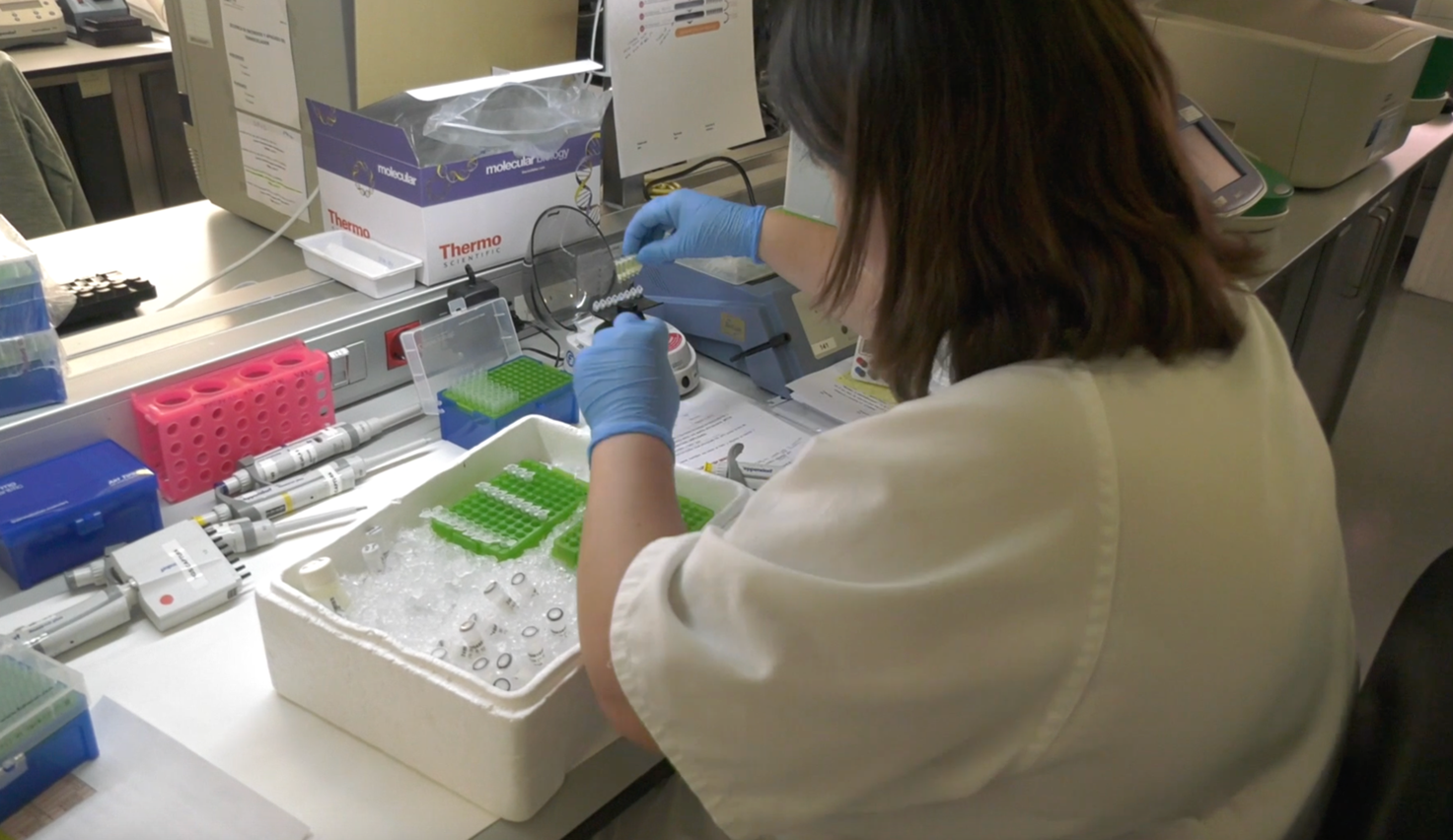According to the European Commission, cancer is on the rise in the EU, with the number of new cases reaching 2.7 million in 2022. Cancer deaths for that same year also went up and were estimated to be at 1.3 million.

In particular, pancreatic cancer remained the leading cause of cancer-related deaths in the EU in 2022. Although this cancer has a lower incidence than many others (it ranks 8th among men and 5th among women), its low survival rate places it among the top four deadliest cancers in both men and women.
Since 2020, the ULISES Consortium has been working hard to develop a new treatment to fight pancreatic cancer through nanoparticles. The focus of this project is to get a patient's immune system to reject the tumor. Its innovative strategy mainly consists of delivering genetic material to the tumor cells to make them visible to the immune system, thus triggering a response akin to the vaccine effect. Nanoparticles play a crucial role in this. Once synthesized, they bear a striking resemblance to those used for the COVID-19 vaccine. As only tumor cells are targeted, this new treatment would also avoid most of the adverse reactions of current therapies, such as chemo- and radiotherapy.
Moreover, if this treatment proves effective, it would not only provide a cure for one of the deadliest cancers in the world, pancreatic cancer but also open up a new therapeutic opportunity for other types of deadly tumors that currently have no cure options.
To learn more about the project, watch our Video News Release.
Nanoparticles and major innovations: fighting cancer through the immune system
This Video News Release was produced by Diego Giuliani, ICONS editorial manager